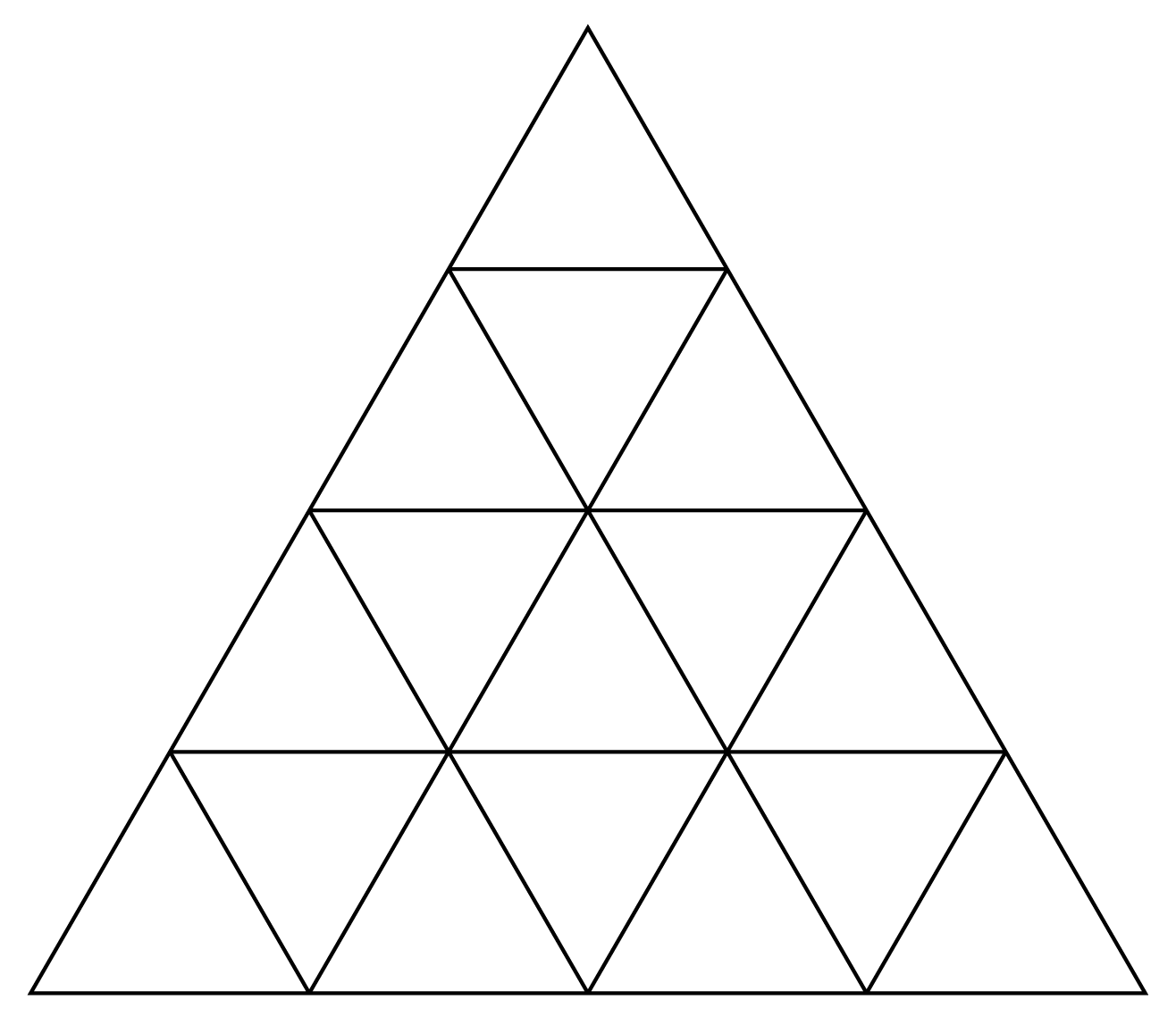
The tower must be able to stand on its own.Ģ. The goal of this exercise is to see which team can use the materials provided to build the tallest tower within an allotted time period. We can solve problems better as a team than we can alone, which means developing your team’s collaboration skills will lead to better problem-solving outcomes.ġ. Why collaboration is important for problem-solving: “Collectively, we can be more insightful, more intelligent than we can possibly be individually,” writes Peter Senge in The Fifth Discipline.
BLOCK WORLD PROBLEM EXAMPLE TRIANGLE HOW TO
Work together to figure out how to keep everyone within the shrinking boundaries. Slowly shrink the space over 10-15 minutes.ģ. Using the rope, make a shape on the floor everyone can fit into.Ģ.

People, teams, and organizations that can adapt will come out on top.ġ. Innovation and disruption are happening faster than ever before. Why adaptability is important for problem-solving: Adaptability is highly associated with cognitive diversity, which helps teams solve problems faster, according to the Harvard Business Review. A problem-solving exercise or game helps identify those strengths and builds problem-solving skills and strategies while having fun with your team. This requires a deep understanding of your team and its core strengths. Next, the team must assess potential courses of action and choose the best way to tackle the problem. Team building activities targeting focus areas like communication and collaboration, adaptability, or strengthening decision-making techniques help.Īll problem-solving processes start with identifying the problem.


A company or team’s success weighs heavily on the willingness of managers to help employees improve their problem-solving abilities. The importance of problem-solving skills in today’s workplaceĪccording to a 2019 report by McKinsey, soft skills are increasingly important in today's world - and problem-solving is the top area in which skills are lacking. It’s important to teach your team strategies to help them quickly overcome obstacles in the way of achieving project goals. Some people see problems as roadblocks, others see them as opportunities! Problem-solving activities are a great way to get to know how members of your team work, both individually and together.


 0 kommentar(er)
0 kommentar(er)
